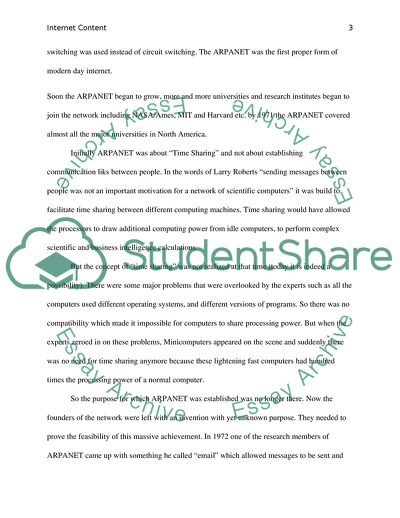Cite this document
(Internet Seen Through the Perspectives of Different Cultures or Essay, n.d.)
Internet Seen Through the Perspectives of Different Cultures or Essay. https://studentshare.org/social-science/1769314-internet-content-and-views-by-diffrent-cultures-or-religions
Internet Seen Through the Perspectives of Different Cultures or Essay. https://studentshare.org/social-science/1769314-internet-content-and-views-by-diffrent-cultures-or-religions
(Internet Seen Through the Perspectives of Different Cultures or Essay)
Internet Seen Through the Perspectives of Different Cultures or Essay. https://studentshare.org/social-science/1769314-internet-content-and-views-by-diffrent-cultures-or-religions.
Internet Seen Through the Perspectives of Different Cultures or Essay. https://studentshare.org/social-science/1769314-internet-content-and-views-by-diffrent-cultures-or-religions.
“Internet Seen Through the Perspectives of Different Cultures or Essay”. https://studentshare.org/social-science/1769314-internet-content-and-views-by-diffrent-cultures-or-religions.


